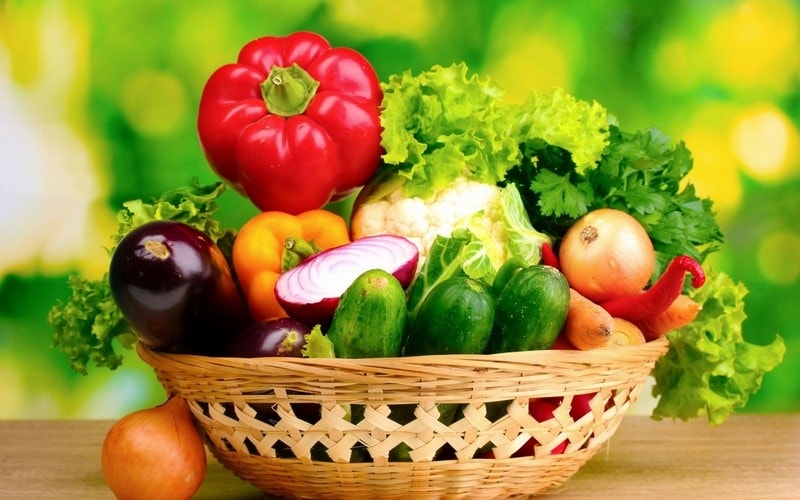
Summer not only increases the outside temperature but also triggers a series of complex physiological reactions inside, from the nervous, endocrine, immune to digestive systems.
A silent cry for help
In the summer, your body has to work twice as hard to regulate body temperature, rehydrate, detoxify, and fight inflammation. And when these mechanisms are not properly supported, you will easily fall into a state of “internal heat”, constipation, acne, prickly heat, dermatitis, heatstroke, hot flashes, and a feeling of constant fatigue.
But the thing is: all of these symptoms are not simply due to the hot weather - but are a silent cry for help from within the body when it has to struggle against the imbalance caused by a diet and lifestyle that is not suitable for the summer climate. Let's start a body care strategy by understanding your body.
When the temperature increases, the body needs to change according to its survival mechanism. According to physiology, high environmental temperature will activate the body's heat dissipation mechanism: peripheral vasodilation, sweating, increased heart rate and breathing rate.
These mechanisms consume a great deal of water, minerals, and energy. Without proper replenishment, the body easily becomes dehydrated, reducing circulating volume, decreasing thermoregulation, and causing the digestive system to function less efficiently because blood is prioritized for the skin and other cooling organs.
Cooling from the inside
Water and electrolytes are the first factors that need to be paid attention to in order to avoid the body from getting hot and overloaded. When the body is dehydrated, in addition to replenishing water, we also need to pay attention to electrolytes, which are minerals in food and drinking water.
Minerals including sodium (Na+), potassium (K+), chloride (Cl-), magnesium (Mg2+), calcium (Ca²2+), bicarbonate (HCO3-)… play a role in maintaining water balance between cell compartments, stabilizing osmotic pressure, and supporting neuromuscular transmission.
Many people increase their water intake but forget about electrolytes, making it impossible for the body to retain water and making us susceptible to heat. The fastest way to replenish electrolytes is with natural electrolyte-rich drinks such as lemon juice, raw cane sugar, coconut water, and pennywort juice instead of sugary drinks such as electrolyte drinks sold on the market.
Eating healthy foods such as fruits and vegetables will provide an abundant source of electrolytes for the body's increased needs. In addition, drinking water according to the body's needs, avoiding drinking water continuously will cause the elimination of minerals, causing the body to lose water quickly.
In addition, according to oriental medicine, cold foods are used to describe foods that are cooling and help the body cool down. Modern research shows that cold foods are often high in water, fiber, and contain many antioxidants and anti-inflammatory substances that will help the body cool down from the inside.
Water in food is not absorbed into the intestines as quickly as filtered water, so it puts less pressure on the kidneys and prevents water loss through urine. The electrolytes in these foods are also absorbed more steadily.
Fiber in vegetables and fruits helps stabilize the intestinal microflora, preventing constipation. However, it should be noted that fruits that are not juicy and high in sugar such as jackfruit, longan, and mango. The body is already struggling to regulate body temperature, so processing a large amount of sugar will create unnecessary pressure. Therefore, limit soft drinks as much as possible, which only provide a temporary cooling sensation.
Seasonal foods
In the summer, we will find fried and greasy foods less appealing. The reason is that the process of digesting food also generates heat, so foods that are difficult to digest such as oil and fat make the body even hotter.
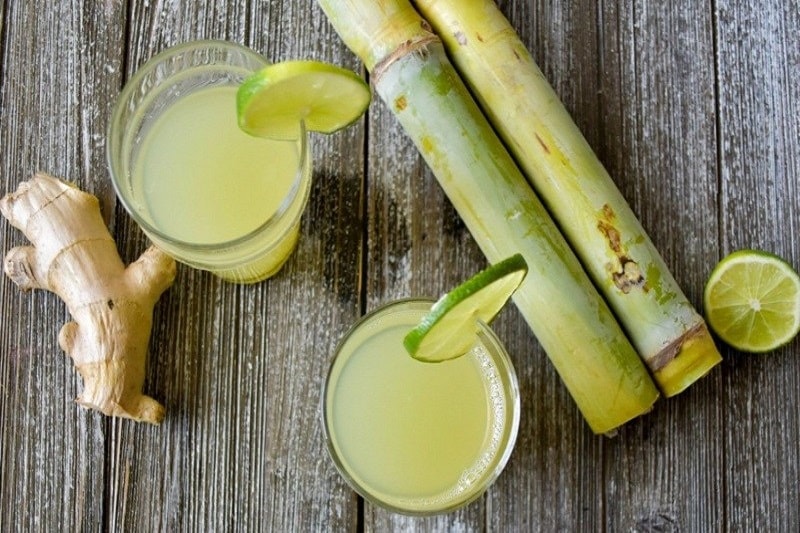
However, use hand-pressed oil instead of refined vegetable oil, prioritize steaming, boiling or cooking soup for fatty foods such as meat and fish. A bowl of sour fish soup with tomatoes rich in lycopene, pineapple rich in vitamin C, juicy mint, herbs such as dill or Vietnamese coriander will support the body's detoxification process to the maximum.
Besides, our grandparents have a saying: river fish in summer, sea fish in winter. Sea fish has high iodine content which is not suitable for the body in summer. Therefore, prioritize dishes from sea fish in the evening instead of hot noon.
Nature has created favorable conditions for living things and humans. Tropical fruits usually bear fruit in the summer such as watermelon, pineapple, dragon fruit and vegetables that grow in the summer such as amaranth, cucumber, Malabar spinach, jute, water spinach, pennywort, perilla, Vietnamese balm, basil will help to cool down to the maximum. Prioritize these foods instead of strange vegetables that naturally grow well in the winter, which have the risk of pesticide residues.
Take advantage of morning exercise to provide more vitamin D for the body to avoid being lazy, staying indoors all day, easily causing vitamin D deficiency, the body does not activate natural cooling mechanisms when exercising. If you are an office worker, occasionally standing up and doing light exercise will create surprising results.
Summer is a time to test the body’s ability to self-regulate. Proper nutrition not only helps prevent “heaty” diseases but also contributes to cooling from the inside, strengthening the immune system, digestion and mood.
Let's start with the simplest things: a glass of warm water with lemon and raw cane sugar in the morning, a light lunch with seasonal vegetables, and a peaceful sleep in a cool room. Summer will become more pleasant if we listen and nourish our bodies with understanding and science .
Source: https://baoquangnam.vn/giai-nhiet-mua-he-can-bang-tu-ben-trong-3154508.html




![[Photo] Explore the US Navy's USS Robert Smalls warship](/_next/image?url=https%3A%2F%2Fvphoto.vietnam.vn%2Fthumb%2F1200x675%2Fvietnam%2Fresource%2FIMAGE%2F2025%2F12%2F10%2F1765341533272_11212121-8303-jpg.webp&w=3840&q=75)



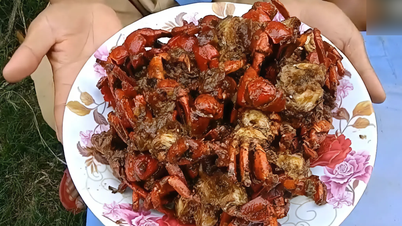

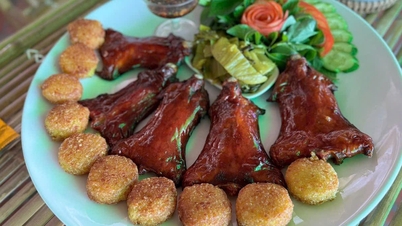













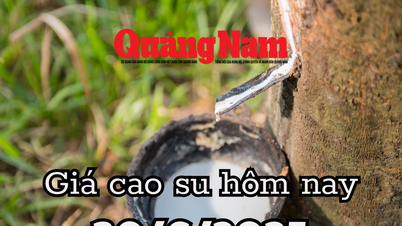






















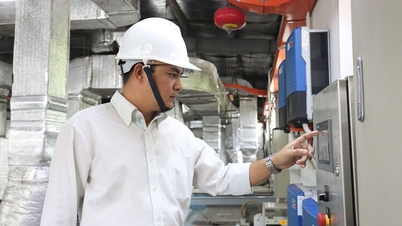


















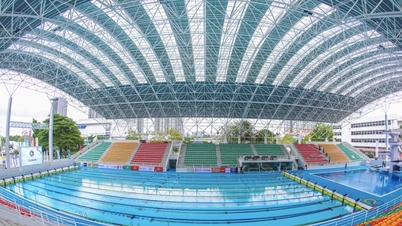


















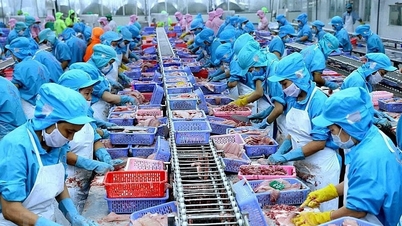






















Comment (0)